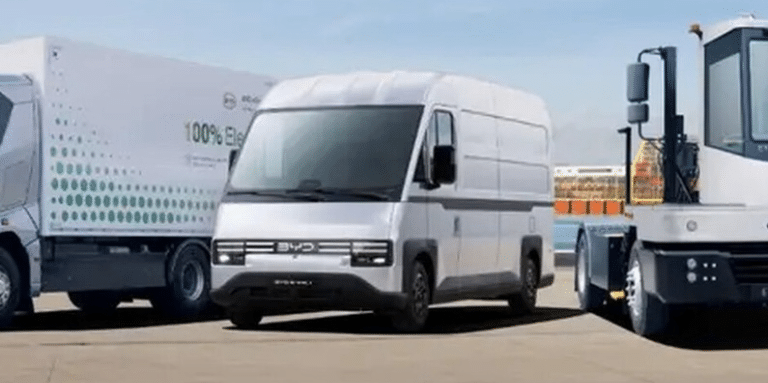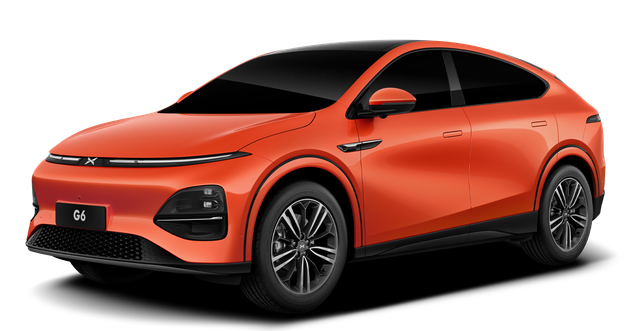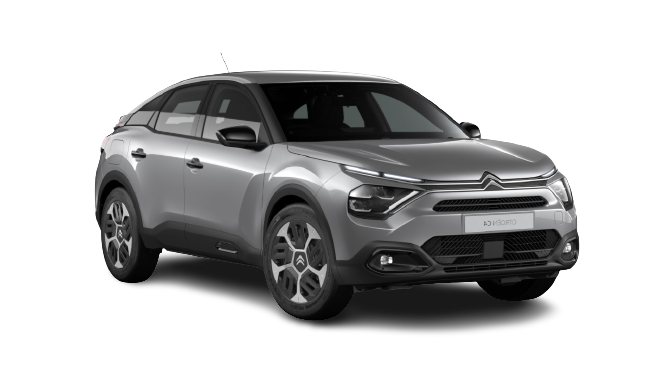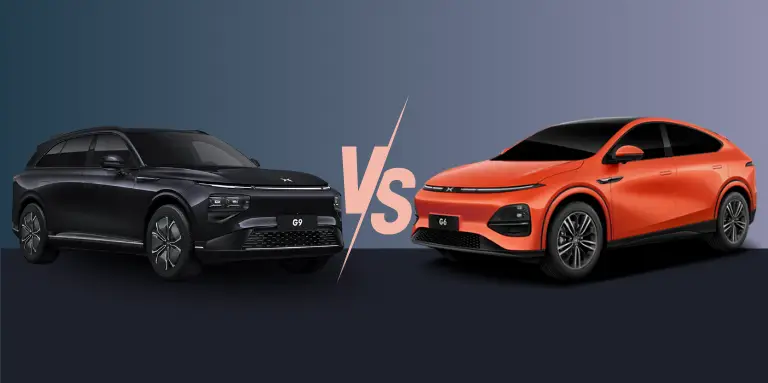A new stage in BYD's expansion in Europe
BYD électriques franchit une nouvelle étape significative dans son expansion européenne, démontrant sa détermination à s’imposer comme un acteur majeur sur ce marché stratégique. Le constructeur chinois, déjà reconnu pour ses véhicules électriques grand public, élargit désormais son offre en se lançant dans le segment des véhicules utilitaires. Ce nouveau modèle sera mis en lumière lors du salon IAA Transportation, où BYD présentera sa gamme d’utilitaires électriques, marquant ainsi son entrée dans un secteur en pleine croissance.
At the same time, the company is strengthening its industrial presence with the announcement of the opening of its first European plant in Hungary, scheduled for 2025. This multi-dimensional strategy, combining expansion of its product range and investment in local production, bears witness to BYD's ambition to become an essential leader in the European automotive market in the years to come.
Technical specifications and available versions
The BYD E-Vali is positioning itself as a serious player in the European market for large electric vans. Available in two versions, 3.5 and 4.25 tons, this utility vehicle offers versatility to meet the varied needs of professionals. The 3.5-tonne version is designed to meet the demands of urban transport, while the 4.25-tonne model is aimed at users requiring greater load capacity.
Although BYD remains discreet on technical details, we can expect performance comparable to that of the ETP3, the brand's compact van, which boasts a 100 kW (135 hp) engine and a range of 275 km in the WLTP urban cycle.
The E-Vali is likely to benefit from BYD's Blade Battery technology, renowned for its safety and efficiency. The 4.25-tonne version boasts an advanced driver assistance system, promising an optimized driving experience for long journeys. Further details on technical specifications, range and charging options are expected to be unveiled on September 16, 2024.
Implications for the European commercial vehicle market
The arrival of the BYD E-Vali on the European electric commercial vehicle market marks a significant turning point for the sector. This new 3.5 to 4.25-tonne van is part of a growing trend, with sales of electric vans expected to rise by 47% in Europe by 2023.
The E-Vali competes directly with established models such as the Renault Master, Fiat Ducato and Ford Transit This could boost innovation and competitiveness in this segment. Its specifically electric design, with no compromises linked to an existing thermal platform, could give it advantages in terms of efficiency and load space.
What's more, the entry of Chinese electric vehicle giant BYD into this market could accelerate the adoption of zero-emission vans, which are particularly well suited to urban logistics and last-mile deliveries. last-mile deliveries. This diversification of the range meets growing demand from companies seeking to reduce their carbon footprint and adapt to new environmental regulations in European city centers.
BYD's strategy for the electric commercial vehicle market
BYD intensifie sa présence sur le marché européen des véhicules utilitaires électriques avec une stratégie ambitieuse et multidimensionnelle. Le constructeur chinois, déjà bien établi dans le segment des voitures particulières, élargit son offre pour répondre à la demande croissante en fourgons zéro émission.
Following the successful launch of the ETP3 compact van in March 2024, BYD takes another step forward with the introduction of the E-Vali, a large 3.5-tonne electric van. This rapid expansion demonstrates BYD's commitment to covering the entire spectrum of commercial vehicles, from small city vans to large multi-purpose vans.
The relies on its expertise in batteries and electric powertrains to offer high-performance, competitive vehicles capable of competing with the established players on the European market.
In addition, BYD is strengthening its local presence with the construction of a plant in Hungary, scheduled for 2025, which will enable it to produce vehicles "in Europe and for Europe". This approach, combined with an expanding distribution network and strategic partnerships such as the one with Geotab for telematics solutions, positions BYD as a serious and ambitious player in the European electric commercial vehicle market.
Summary table
| Features | Description |
|---|---|
| Model | BYD E-Vali |
| Type | Grand fourgon électrique |
| Versions | 3,5 tonnes (transport urbain) et 4,25 tonnes (charge supérieure) |
| Motorization | Probablement similaire au BYD ETP3 (100 kW, 275 km d'autonomie WLTP) |
| Battery | Technologie Blade Battery de BYD |
| Assistance à la conduite | Avancée sur la version 4,25 tonnes |
| Production | Usine en Hongrie prévue pour 2025 |
| Concurrents | Renault Master, Fiat Ducato, Ford Transit électriques |
| Impact |
|
| Stratégie de BYD |
|
Conclusion
Le lancement du BYD E-Vali en Europe représente une avancée majeure pour le constructeur chinois dans le secteur des véhicules utilitaires électriques. Avec ses versions de 3,5 et 4,25 tonnes, l’E-Vali répond à la demande croissante d’options de transport commercial écologiques, tout en se positionnant comme un concurrent sérieux face à des modèles établis comme le Renault Master et le Ford Transit.
































